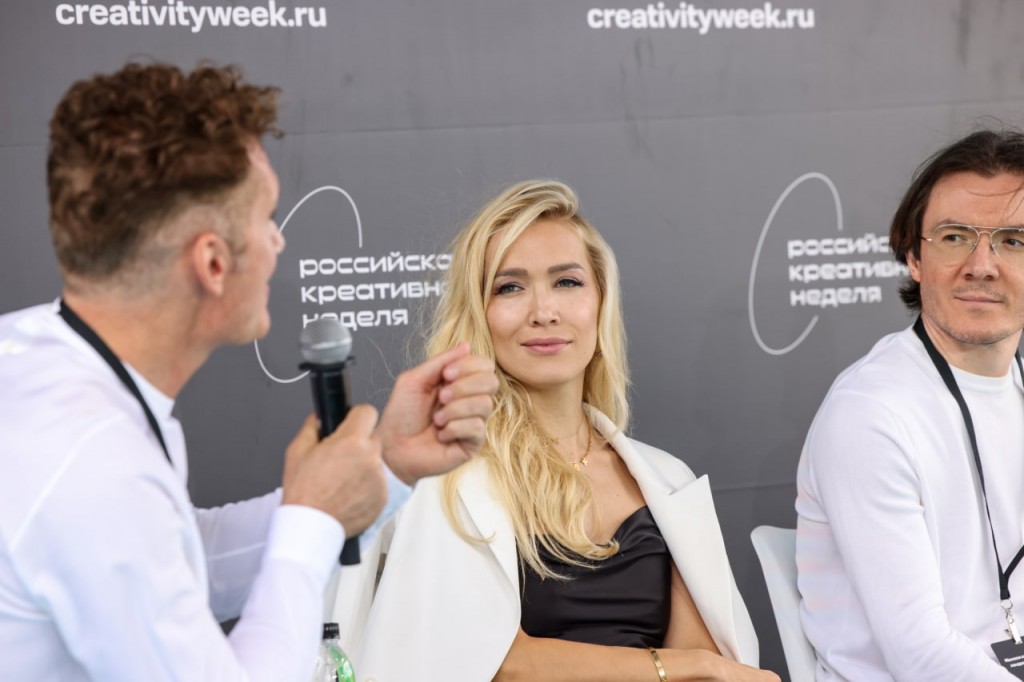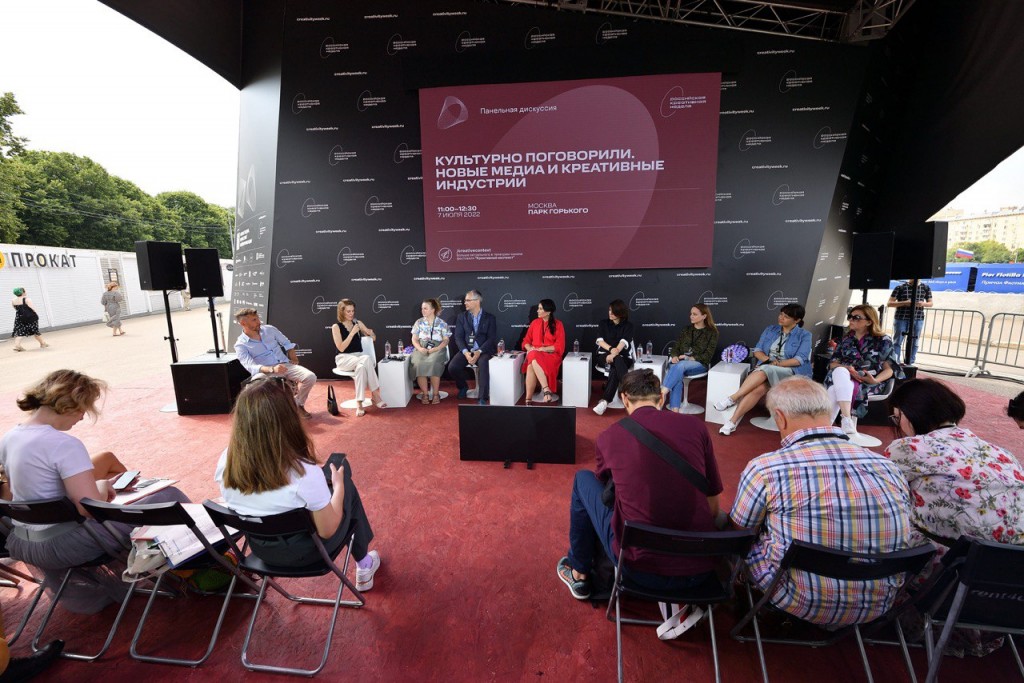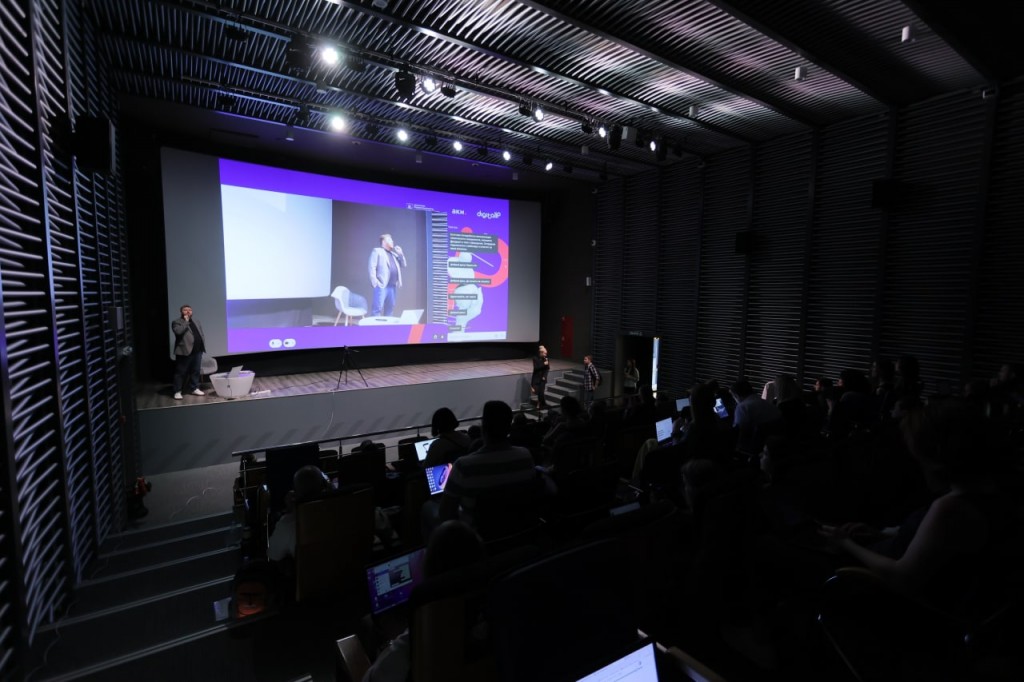This is why it is important to secure a reasonable balance of interests between the rightsholders of intellectual property, organisations-creators of AI database systems and the public. This issue was raised at meeting of the Russian Union of Industrialists and Entrepreneurs (RUIE) Committee on Intellectual Property and Creative Industries, dedicated to the use of intellectual property in machine learning. The discussion was attended by representatives of relevant ministries, agencies and IT companies.
Andrey Krichevsky, Chairman of the RUIE Committee, opened the meeting with an address. He noted that over the past few months serious work had been done to collect and analyse proposals on measures to support the sphere of intellectual property. A wide range of issues, considered of primary importance for the development of Russia’s economy in the current political climate of external constraints, were discussed for inclusion in the committee’s Action Plan.
“Proposal addressed tax breaks, termination of contracts, customs duties, parallel import, remuneration of rightsholders, trademarks and many other issues,” Krichvsky said. Most of the proposals laid the groundwork for the amendments made to Russia’s legislation on intellectual property this spring.
Krichevsky also emphasized that the question of using datasets and databases was not only a legal issue, but also an economic one, which affects many market players:
“All of the players should have an understanding of how to work together going into the future. We can choose to allow everything; we can also prohibit everything. The third option is to create an open market of negotiable items, i.e. data. For this, it is important to, on the one hand, saturate the economic sector with data and, on the other, to make sure that the players who invest in the systematization of such data, earn money or at least, do not lose it.”
Read the full article here: portal-kultura.ru




